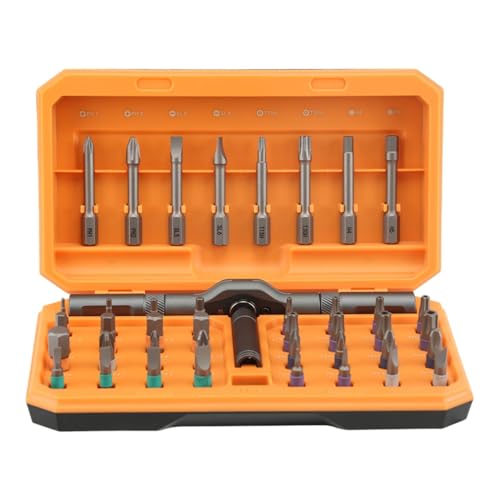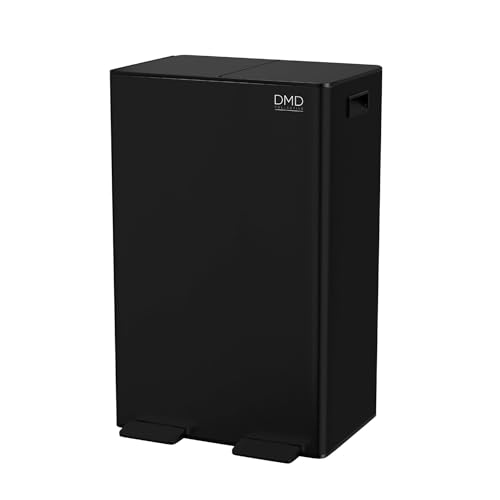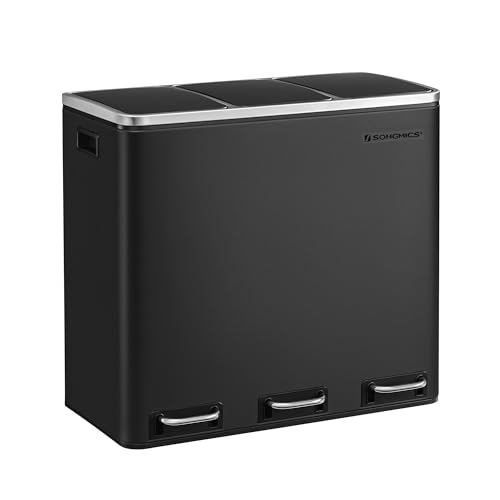Understanding Vocal Processors: What They Are and How They Work
What is a Vocal Processor?
A vocal processor is a device designed to enhance and modify the sound of your voice. Imagine you’re a singer, either in your living room or on stage. A vocal processor helps you achieve that polished sound, so your voice stands out. It can add effects like reverb, delay, and pitch correction to your vocals, transforming your raw sound into something more professional.
How Vocal Processors Function
These processors work by receiving your voice through a microphone, then adjusting it in real-time or during post-production. Think of it as having a skilled sound engineer right there with you. The processor takes your voice and applies various audio effects to manipulate its tone, clarity, and richness, making it sound more dynamic.
Key Features to Look For in a Vocal Processor
Audio Effects
When selecting a vocal processor, consider the range of audio effects it offers. Key effects to look for include pitch correction, harmonization, reverb, and echo. These features can dramatically enhance your vocal performance. For example, pitch correction allows you to stay in tune effortlessly, while reverb can give your voice a spacious, concert-hall feeling.
User Interface
The user interface is another critical aspect. A clear, intuitive layout can make all the difference, especially during live performances. Look for a processor with easy-to-navigate controls, so you can adjust settings quickly without interruption.
Portability and Connectivity
If you plan to perform in different venues, portability is essential. A compact and lightweight vocal processor will make your life easier. Additionally, check connectivity options such as USB, MIDI, and XLR inputs to ensure compatibility with your existing equipment.
Choosing the Right Vocal Processor for Your Needs
Understanding Your Style and Purpose
Identifying your vocal style and the purpose behind your use of the processor is vital. Are you a live performer looking to charm an audience, or are you a recording artist perfecting your tracks at home? This understanding will guide you to the right model. For instance, live performers might prefer more robust processors with extensive effects, while studio artists might focus on accuracy and sound quality.
Budget Considerations
Budget is a key factor in your decision. Vocal processors come at various price points, and it’s important to find one that offers good value for the features you require. Make sure to balance your budget with the quality and functionalities you need; sometimes, an entry-level model can provide all the essential features without breaking the bank.
Tips for Using Your Vocal Processor Effectively
Exploring Different Effects
Don’t just stick to the basics; experiment with different effects your processor offers. Each effect can drastically change the way your voice sounds. Try layering effects for unique sounds or adjusting them for various songs; for example, using a subtle reverb in a ballad, then a more aggressive echo for an upbeat track.
Setting Levels Correctly
Getting the right levels is crucial. Too much effect can muddy your vocals, while too little might make your voice sound flat. Spend time adjusting the input and output levels to find a sweet spot that complements your natural voice.
Making the Most of Your Vocal Enhancements
Practising Regularly with Your Processor
Just like an instrument, your vocal processor requires practice. Incorporate it into your daily vocal exercises to become familiar with its features and settings. The more you use it, the quicker you’ll learn how to apply different effects effectively.
Recording and Reviewing Your Performance
After using your vocal processor for singing or recording, take the time to listen back. Reviewing your performances can help you understand which settings worked best and where adjustments are needed, allowing for continuous improvement in your vocal sound.





























